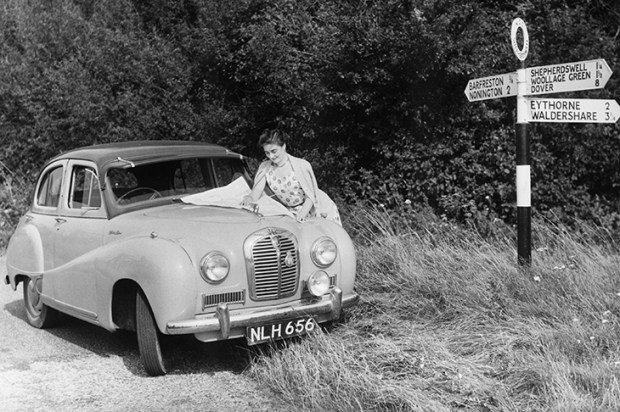Houses, as any plumber will testify, do sometimes blow up in gas explosions, destroying their contents and inhabitants, but would that really happen on the night before a wedding in a swanky house in Connecticut, killing daughter, daughter’s fiancé and owner’s lover? It seems too good to be true —the perfect big bang to set a novel in motion — and it made me distrustful from the start.
Already a subscriber? Log in
Subscribe for just $2 a week
Try a month of The Spectator Australia absolutely free and without commitment. Not only that but – if you choose to continue – you’ll pay just $2 a week for your first year.
- Unlimited access to spectator.com.au and app
- The weekly edition on the Spectator Australia app
- Spectator podcasts and newsletters
- Full access to spectator.co.uk
Or
Unlock this article
Available from the Spectator Bookshop, £11.69 Tel: 08430 600033
You might disagree with half of it, but you’ll enjoy reading all of it. Try your first month for free, then just $2 a week for the remainder of your first year.














Comments
Don't miss out
Join the conversation with other Spectator Australia readers. Subscribe to leave a comment.
SUBSCRIBEAlready a subscriber? Log in